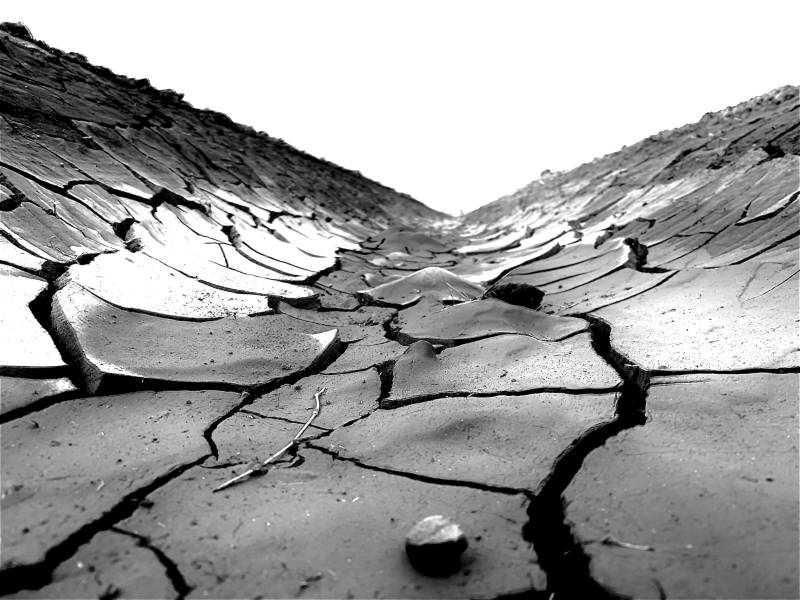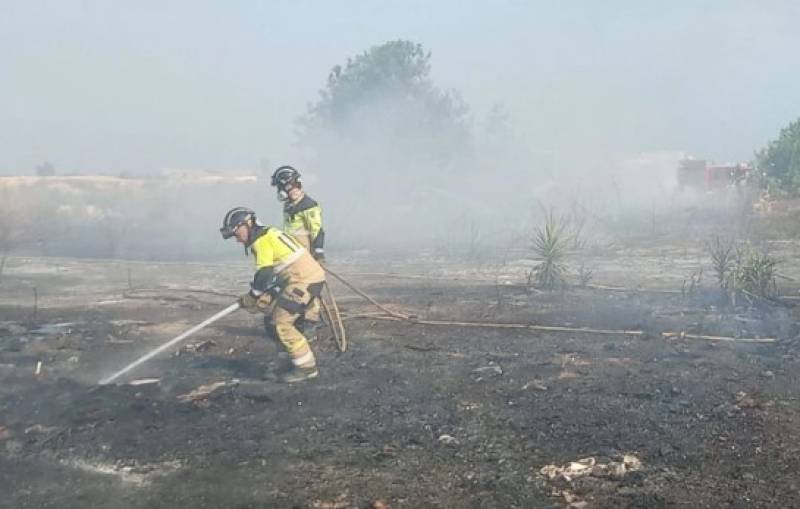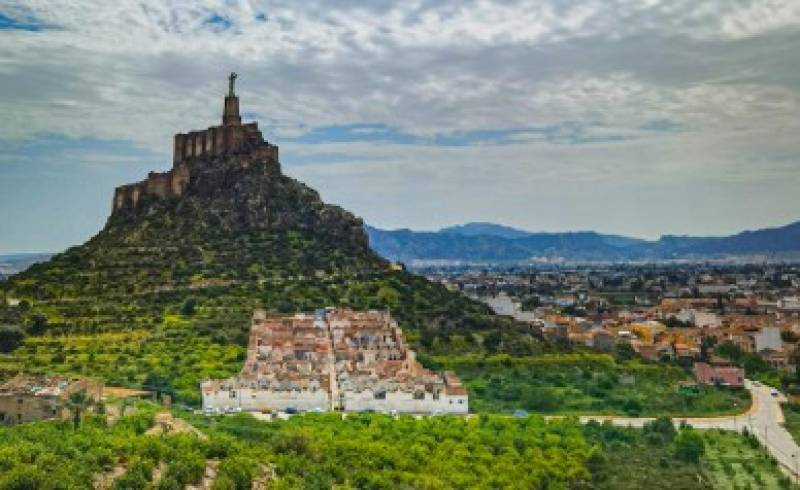

Guidelines for submitting articles to San Pedro del Pinatar Today
Hello, and thank you for choosing San Pedro del Pinatar.Today to publicise your organisation’s info or event.
San Pedro del Pinatar Today is a website set up by Murcia Today specifically for residents of the urbanisation in Southwest Murcia, providing news and information on what’s happening in the local area, which is the largest English-speaking expat area in the Region of Murcia.
When submitting text to be included on San Pedro del Pinatar Today, please abide by the following guidelines so we can upload your article as swiftly as possible:
Send an email to editor@spaintodayonline.com or contact@murciatoday.com
Attach the information in a Word Document or Google Doc
Include all relevant points, including:
Who is the organisation running the event?
Where is it happening?
When?
How much does it cost?
Is it necessary to book beforehand, or can people just show up on the day?
…but try not to exceed 300 words
Also attach a photo to illustrate your article, no more than 100kb

Spain urged to adapt as drought pressures grow
A new OECD report says water scarcity is now a structural crisis in Spain, and not enough is being done to prepare for the effects...
 Drought is no longer just a short-term problem in Spain. It is now a long-lasting threat to the country’s economy, according to a new global report published by the OECD (the Organisation for Economic Co-operation and Development, an international body that advises governments on economic and social policy) this week.
Drought is no longer just a short-term problem in Spain. It is now a long-lasting threat to the country’s economy, according to a new global report published by the OECD (the Organisation for Economic Co-operation and Development, an international body that advises governments on economic and social policy) this week.See more environmental news about Spain:
OR
Sign up for the Spanish News Today Editors Roundup Weekly Bulletin to get a comprehensive email with all the week’s news for Spain, Murcia, Alicante and Andalucía.
Get a sneak peek – here are a few of our recent Subscription Bulletins:
Discount Special Offer subscription:
36.95€ for 48 Editor’s Weekly News Roundup bulletins!
Please CLICK THE BUTTON to subscribe.































